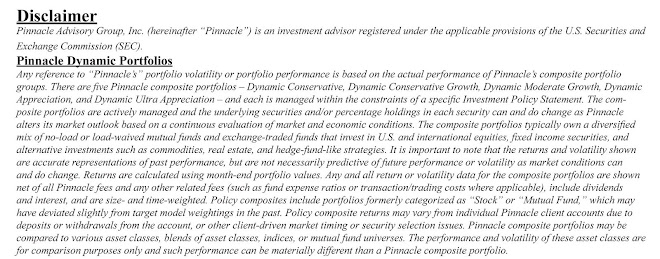I received a call on Friday afternoon from a reporter for Financial Planning magazine. She was on deadline and needed some comments from an active manager about the Japanese earthquake and tsunami by 3PM. Here is what I told her knowing from experience that I have no idea what will actually make it into print.
It is still too soon to come to any conclusions about the impact of this tragedy. However, I think it is important to put the entire event into the context of the current market environment. The broad markets have experienced a strong bull market move since last summer and market volatility has been low. Investors have been cautious about overly bullish sentiment for several months now. The bull market has been built on the case that the global and U.S. economy would not have a double-dip recession. Lately concern about a supply side shock to oil prices based on the news out of the Middle East has raised the risks that slow growth could turn negative. In addition, the U.S. Fed’s QE2 program is due to expire this June so investors are wondering what the impact will be from a significant reduction in Fed-provided liquidity in the near future. In short, there was plenty of angst about the current bull market before the news hit about the earthquake in Japan.
Assuming for a moment that Japanese nuclear reactors are not going to melt down and contaminate the industrial regions of the country with deadly radioactivity (a scenario that can’t be ruled out as yet), then investors might consider that this event may not be as serious as it sounds in the context of global economic growth. The Japanese government is likely to spend billions to repair the damage which will act as a stimulus to a weakened Japanese economy. It is at least possible that the regions of the country that are worst hit are basically rural areas and the cost of the quake will be far less than a similar event in the industrial heart of the country. If so, then perhaps the earthquake might be something similar to Hurricane Katrina here in the U.S….a devastating event that creates eye-popping video for 24 hour news stations but does not have a significant impact on global economic growth.
If that is the case, then investors should look at a sell-off in the most growth-sensitive market sectors as an opportunity to accumulate positions at lower prices. Buy and hold investors should look for opportunities to rebalance. Of course, the risk is that the Japanese quake puts the nail in the coffin of the recent global economic expansion. If so, then market weakness could be the first sign of a global recession on the horizon. For me, until I see more evidence that this is the case, I will remain in the “no double dip” camp. However, if the nuclear reactors melt down then all bets are off and we will all be in “risk management mode.” Either way, our hearts go out to those affected by the terrible loss of life and property in Japan.

